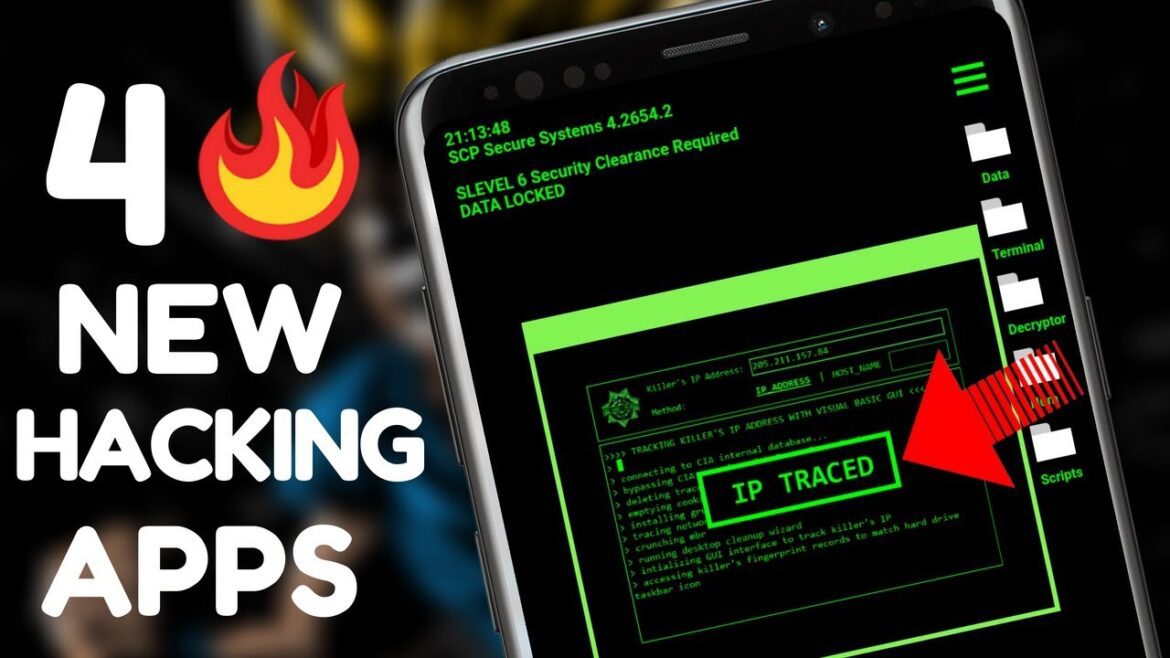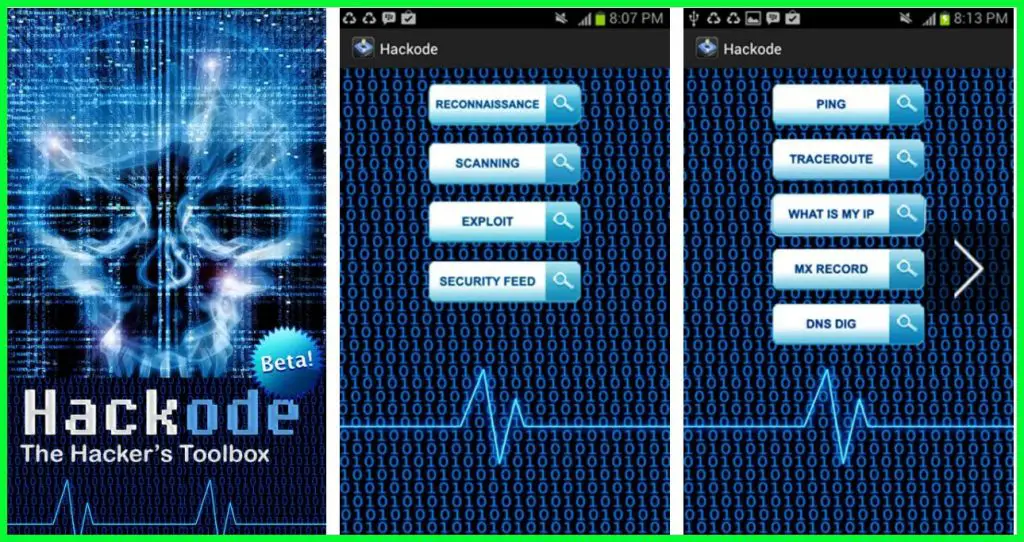In the digital world, hacking apps have gained significant popularity among cybersecurity professionals and ethical hackers. These applications help identify vulnerabilities in systems, ensuring better security measures. However, their use comes with great responsibility. This article explores hacking apps, their types, features, ethical considerations, and best practices for cybersecurity professionals.
What Are Hacking Apps?
Hacking apps are software tools designed to test and exploit security weaknesses in digital systems. Ethical hackers use these tools to strengthen security and protect against malicious attacks. While some hacking apps are created for ethical purposes, others may be used for illegal activities, making it crucial to understand their proper applications.
Types of Hacking Apps
Hacking apps can be classified based on their functionalities. Some of the most common categories include:
1. Network Hacking Apps
These applications help professionals analyze and secure networks by detecting vulnerabilities.
- Nmap: A network scanner used for auditing and discovering devices on a network.
- Wireshark: A packet analyzer that captures and inspects data traffic in real-time.
- Ettercap: A network security tool for performing man-in-the-middle attacks (for testing purposes).
2. Password Cracking Apps
Used to test password security and recover lost credentials.
- John the Ripper: Identifies weak passwords by using various cracking techniques.
- Hashcat: A powerful password recovery tool supporting different hash functions.
3. Web Application Hacking Apps
These tools identify security flaws in websites and web applications.
- Burp Suite: A widely used platform for testing web security vulnerabilities.
- SQLmap: Automates SQL injection detection and exploitation.
4. Wireless Network Hacking Apps
Designed for testing Wi-Fi security and penetration testing.
- Aircrack-ng: Analyzes Wi-Fi network security and performs penetration tests.
- Reaver: Focuses on cracking WPA/WPA2 Wi-Fi passwords.
5. Mobile Hacking Apps
These applications test mobile app security and exploit vulnerabilities in smartphones.
- AndroRAT: Used for remote access and testing Android security.
- zANTI: Provides network security analysis for mobile devices.
Ethical Considerations and Legal Aspects
While hacking apps are powerful tools for cybersecurity, their misuse can lead to severe consequences. Ethical hackers must always operate within legal boundaries, ensuring they have permission before conducting security tests.
Guidelines for Ethical Hacking
- Always obtain proper authorization before testing any system.
- Follow industry ethical hacking standards and guidelines.
- Do not access data that does not belong to you.
- Report vulnerabilities responsibly to the organization concerned.
- Never use hacking tools for personal gain or illegal activities.
Legal Consequences of Misuse
Unauthorized hacking is illegal and punishable under various laws worldwide. Cybercrime laws differ by country, but hacking without consent can lead to:
- Hefty fines
- Imprisonment
- Permanent bans from IT industries
Best Practices for Using Hacking Apps
To ensure ethical and legal use of hacking apps, follow these best practices:
- Use Virtual Environments: Always conduct penetration testing in controlled environments, such as virtual machines (VMs) or sandboxed systems.
- Stay Updated: Cyber threats evolve daily, so regularly update your hacking tools and knowledge.
- Join Ethical Hacking Communities: Platforms like Hack The Box, Bugcrowd, and HackerOne provide valuable learning resources and legal penetration testing opportunities.
- Invest in Cybersecurity Training: Certifications like CEH (Certified Ethical Hacker) and OSCP (Offensive Security Certified Professional) enhance credibility and skills.
- Document Your Findings: Always maintain a record of security assessments and share reports with the concerned authority for improvements.
Future of Hacking Apps
With advancements in artificial intelligence (AI) and machine learning, hacking tools are becoming smarter and more effective. AI-driven security solutions will soon automate vulnerability detection, improving cybersecurity resilience. However, as security measures evolve, so do cyber threats, making ethical hacking a crucial field in IT security.
Conclusion
Hacking apps serve as essential tools for ethical hackers and cybersecurity experts to secure digital infrastructures. While they provide valuable insights into vulnerabilities, their use must align with legal and ethical guidelines. By following best practices and obtaining proper authorization, professionals can leverage these tools to enhance security rather than compromise it.


